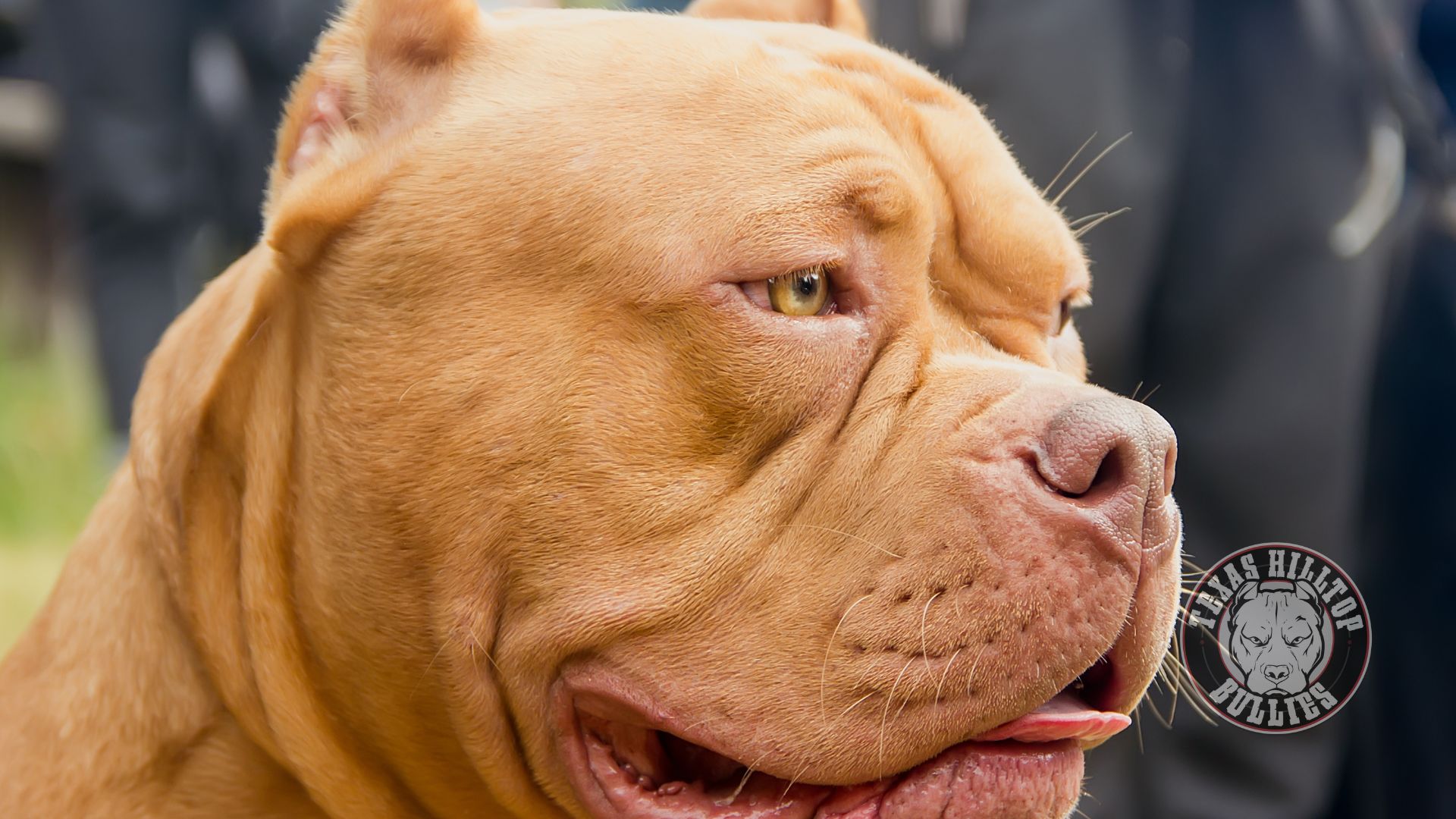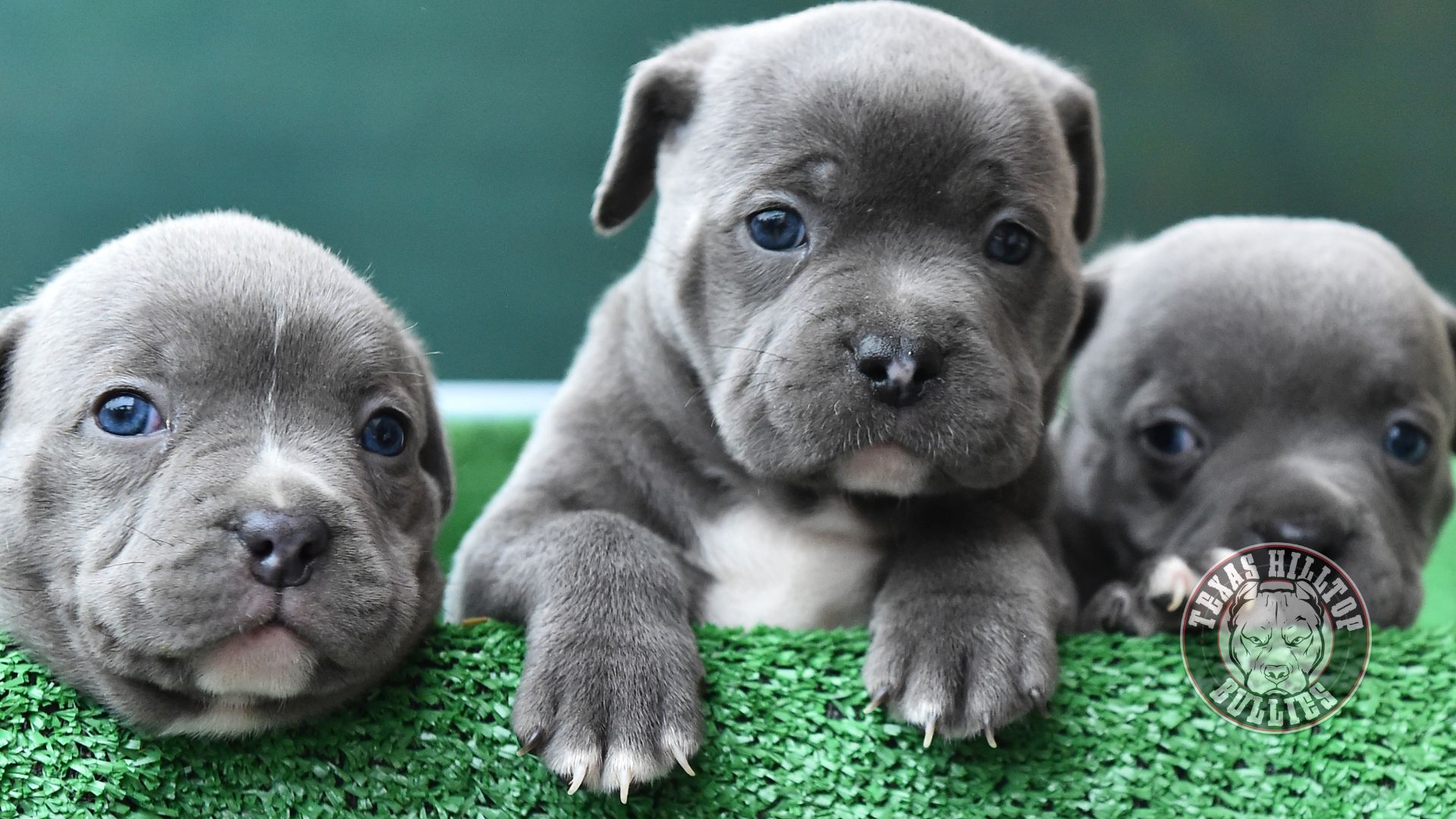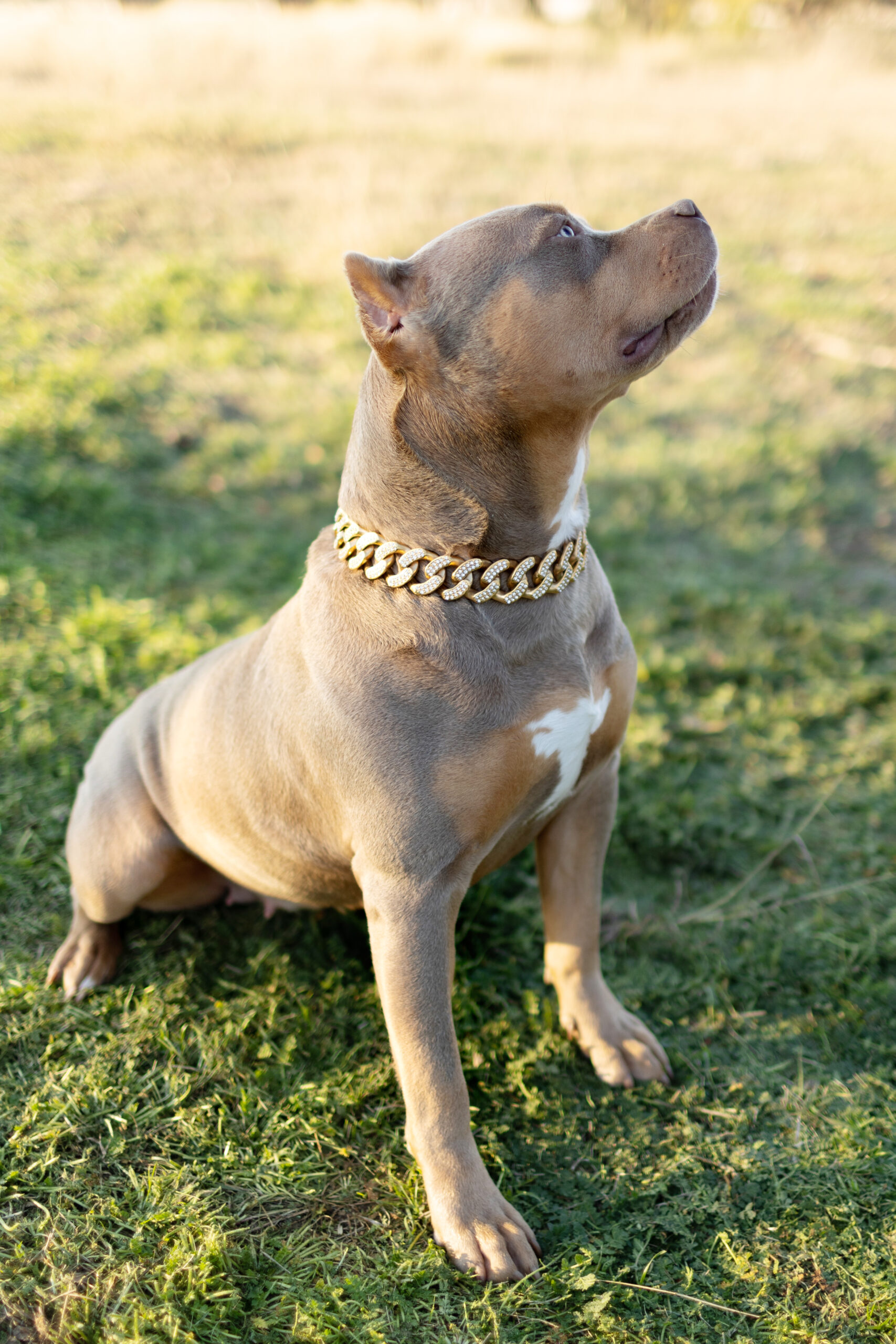
From Puppies to Seniors: Caring for Your Bully at Every Life Stage
Recent Posts
Why French Bulldogs and American Bullies Need Specialized Boarding Care

How to Prepare Your French Bulldog or Bully for Boarding in West Texas

Top 5 Best Practices for Finding the Right Boarding Facility for French Bulldogs and American Bullies

West Texas American Bully Chronicles Recap: Essential Tips for Raising a Resilient Bully

Creating the Perfect Home Environment for Your American Bully in Anson, TexasIntroduction
Bully breeds are known for their loyalty, strength, and loving nature. As they grow and transition through different life stages, their needs change. Providing the proper care and support at each stage is essential for their health and happiness. In this blog, we’ll guide you through caring for your bully from puppyhood to their golden years, ensuring a fulfilling and nurturing experience for both you and your canine companion.
Puppyhood (0-1 years):
This crucial stage in your bully’s life lays the foundation for their future development. Focus on the following areas during this stage:
- Nutrition: Feed your puppy high-quality, age-appropriate food to ensure proper growth and development. Consult your veterinarian for recommendations.
- Socialization: Expose your bully puppy to a variety of people, animals, and environments to help them become well-adjusted adults.
- Training: Begin basic obedience training using positive reinforcement techniques, and consider enrolling in puppy classes for additional support.
- Veterinary care: Keep up with vaccinations, deworming, and regular check-ups to maintain your puppy’s health.
Adolescence (1-3 years):
As your bully enters adolescence, their energy levels will increase, and they may exhibit more independent behavior. Focus on these key areas during this stage:
- Exercise: Provide plenty of physical activity and mental stimulation to help your adolescent bully release energy and stay engaged.
- Training: Continue refining obedience skills and consider teaching new tricks or enrolling in advanced training classes.
- Nutrition: Transition to an adult dog food and adjust feeding amounts based on your dog’s activity level and weight.
Adulthood (3-6 years):
During adulthood, your bully will be in their prime, enjoying a stable temperament and consistent routine. Focus on maintaining their health and happiness in these areas:
- Health: Schedule regular vet visits for check-ups, dental care, and vaccinations as needed.
- Exercise: Maintain a consistent exercise routine to keep your bully in good physical shape.
- Training: Continue practicing obedience skills and reinforcing positive behavior.
Senior years (7+ years):
As your bully enters their golden years, they may experience age-related changes, such as reduced mobility and energy levels. Prioritize their comfort and well-being during this stage:
- Nutrition: Transition to a senior dog food formulated for older dogs, and adjust feeding amounts based on their activity level and weight.
- Exercise: Modify exercise routines to accommodate any physical limitations, focusing on gentle activities like short walks or swimming.
- Veterinary care: Schedule more frequent vet visits to monitor age-related health issues and adjust treatment plans as needed.
- Comfort: Provide a comfortable living environment, including orthopedic beds and ramps or steps to help with mobility.
Caring for your bully throughout their life requires attentiveness, patience, and love. By understanding their unique needs at each stage, you can create a nurturing environment that promotes their health and happiness. Remember, a healthy and happy bully is a lifelong companion that will reward you with unconditional love and loyalty.
